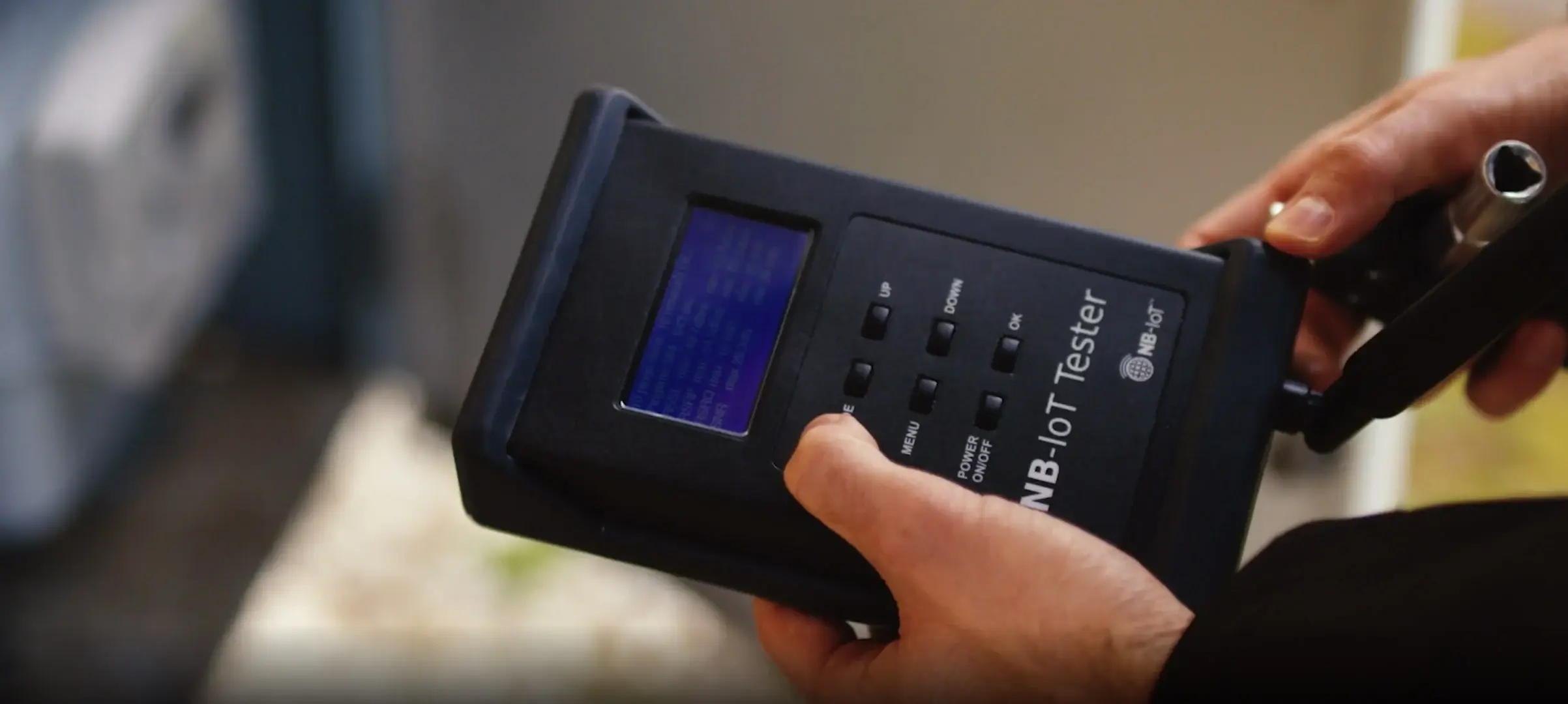Smart meters are poised to revolutionise the energy sector, but these meters need reliable connectivity to transmit their data to the utility companies. In Sweden, utility companies wanted to roll out smart meters on a massive scale but inconsistent wireless connectivity was a significant stumbling block. They required a long-range, low-cost network that would also deliver the deep indoors coverage they needed to access hard-to-reach locations and solve the last-mile problem.
Smart meters are often situated in challenging locations: behind thick concrete walls, in metal cabins, in cellars and in explosive or dangerous environments. Reaching these meters with standard wireless connectivity had proven impossible in some cases. Mobile or wireless connectivity didn't offer the broad reach needed to build a communications network where smart meters could communicate directly with the cloud. Three Sweden launched a pilot scheme, testing Narrowband IoT, a LPWA IoT technology, with several Swedish utility companies.
The results of the trial have exceeded all expectations. LPWA is reliably connecting smart meters across Sweden, even those in more challenging deployments. The utility companies have been able to switch out electricity-powered sensors for battery-powered devices, which has dramatically reduced installation times and hardware costs. Flexible power-saving modes have worked to extend battery life to up to 10-15 years. And because LPWA offers faster throughput of data with no limits to how often data can be transmitted, the utility companies have been able to deliver more accurate bills to their customers.



